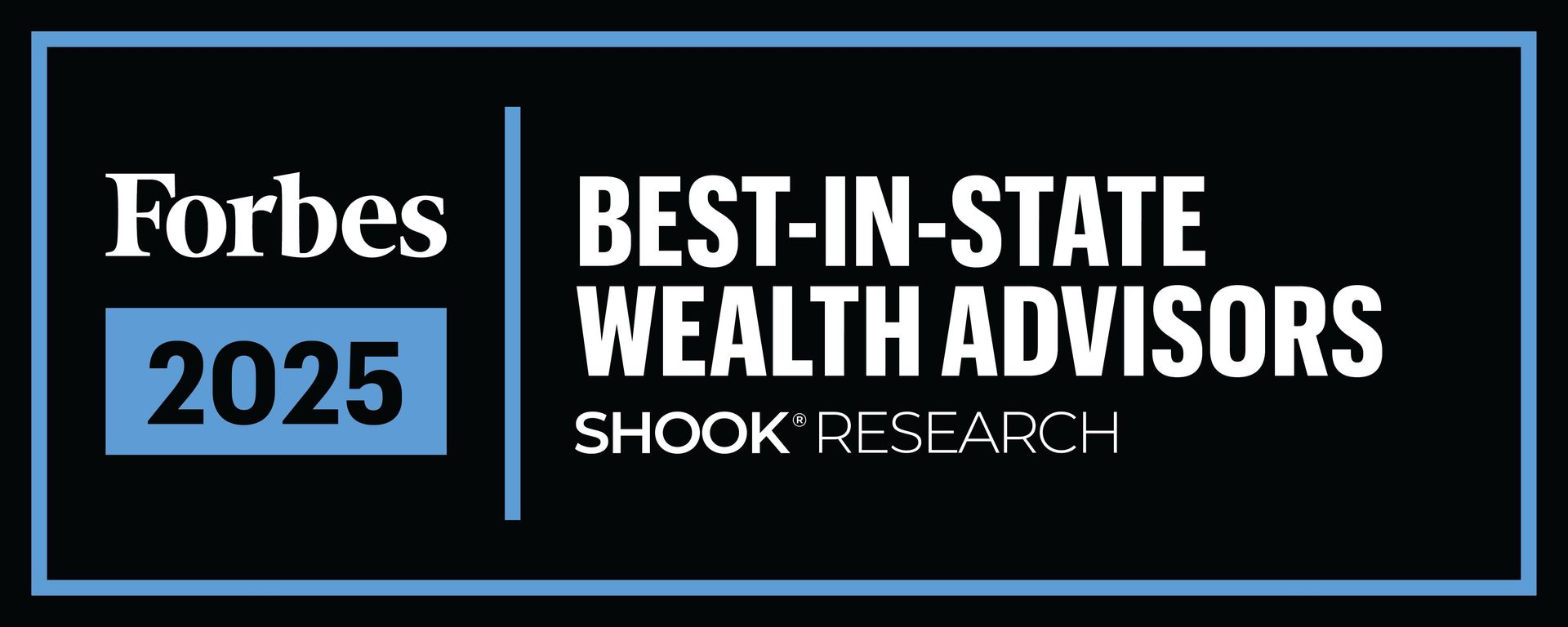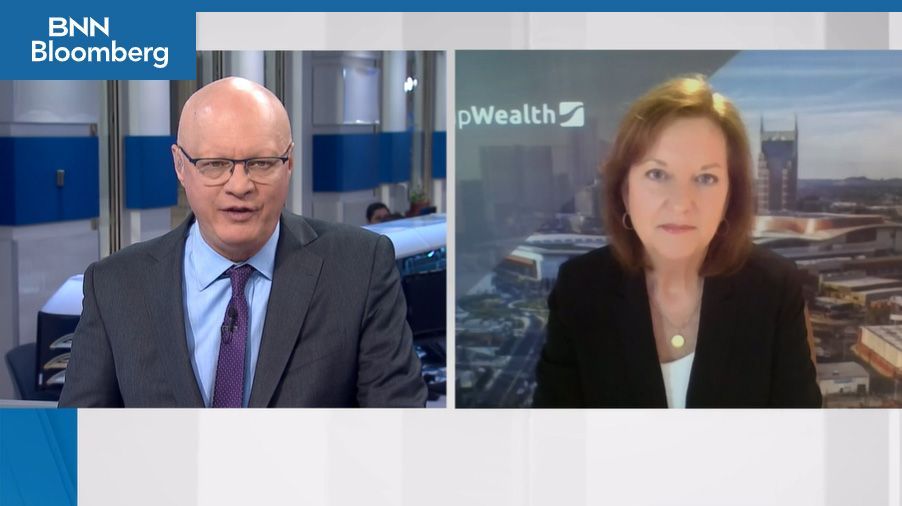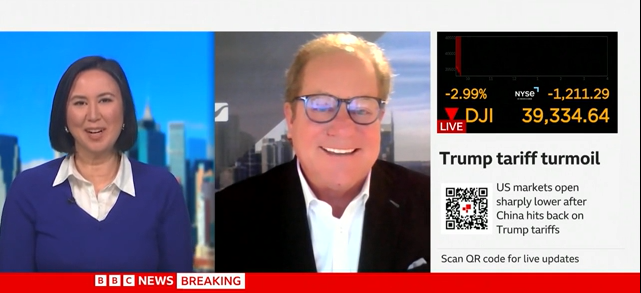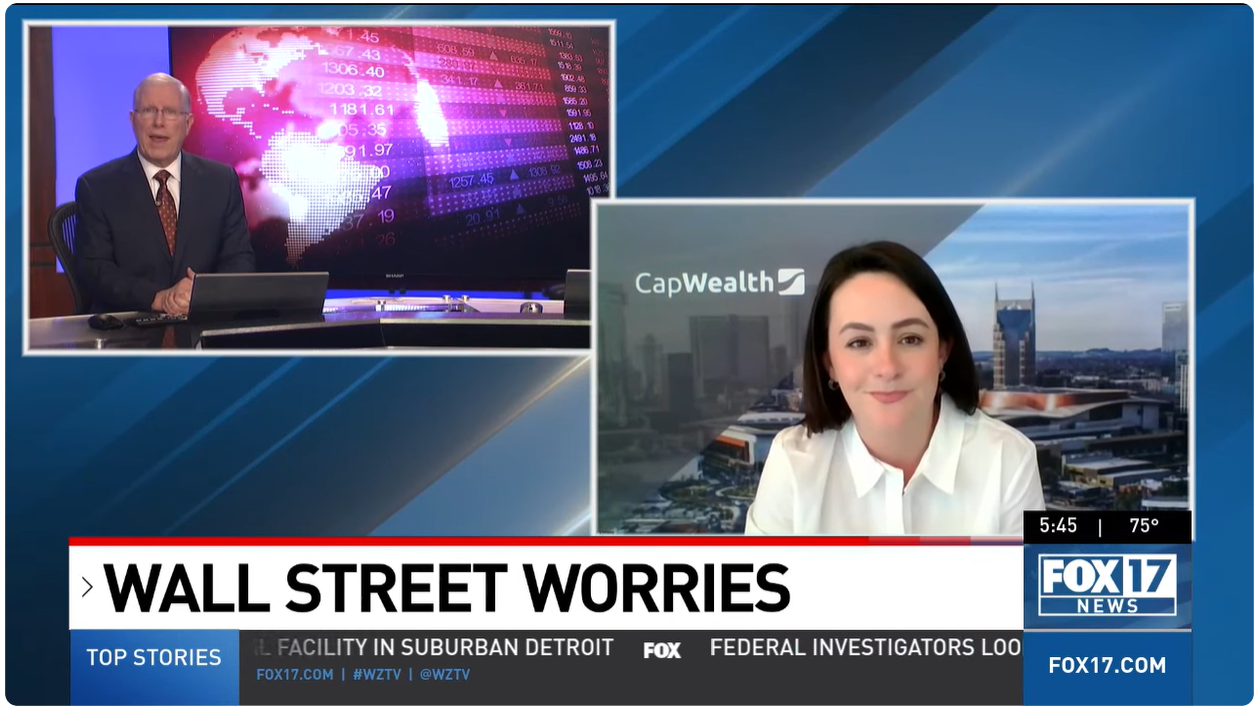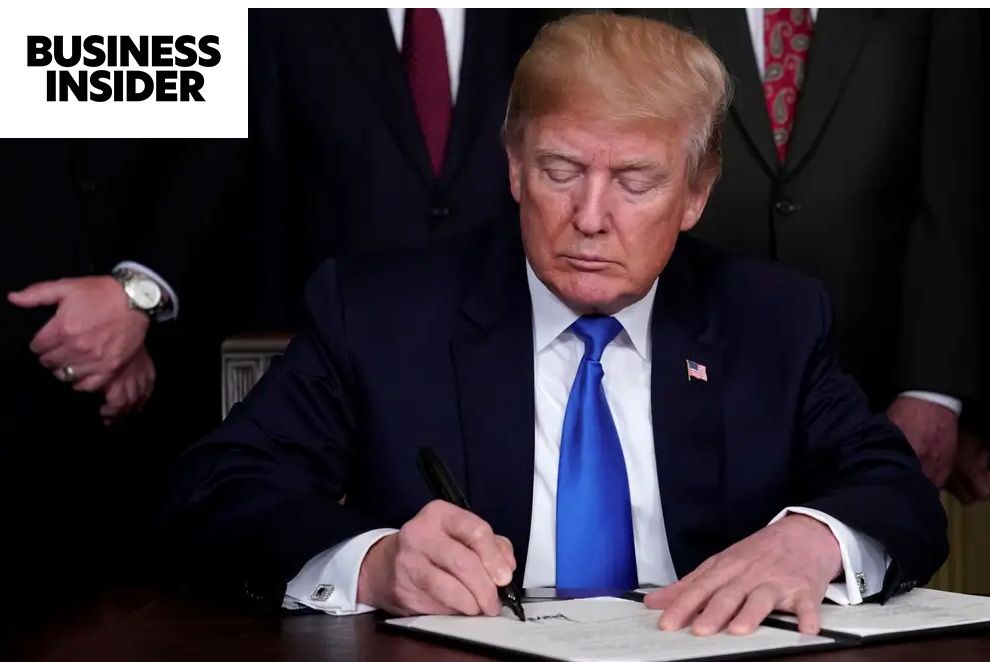Fed May Hike Interest Rates in March
January 28, 2022
In this discussion, finance expert Tim Pagliara explains the implications of the Federal Reserve's anticipated interest rate hikes on individual finances, particularly focusing on mortgage rates and the housing market.
Steve Chenevey (Speaker 1):
Talk a lot about a rate hike, the Federal Reserve signaling it will raise interest rates come March. So, for more on what that means for your wallet, let's bring in personal finance expert, Tim Pagliara from CapWealth. Good to see you, Tim. Good morning.
Tim Pagliara (Speaker 2):
Good morning, Steve.
Individual Impact of Upcoming Rate Hikes
Steve Chenevey:
A lot of people don't understand what's at stake here, so let's try to keep it simple and we'll focus with the individual. How might this impact us at the individual level?
Tim Pagliara:
Well, if you look at mortgage rates, most experts believe that they will end the year at approximately 4%. That compares to a three-and-a-quarter percent rate at the end of 2021 and 2.65% at the end of 2020. So, that'll add $130 a month to the average mortgage payment of a $400,000 mortgage with a 20% down payment on a home. So, it's not a showstopper and it's not insignificant. Whether we get those rate increases or not that the Fed is talking about is going to depend on a number of factors.
Impact on Mortgage Refinancing and Home Value
Steve Chenevey:
A lot of people were doing a refi during the pandemic. Is that something that you could still do now or are most homeowners out of time if that's what they wanted to do?
Tim Pagliara:
It's certainly less attractive than it was prior to the end of 2021 and it'll be less attractive this year, I believe so.
Outlook for the Housing Market in 2022
Steve Chenevey:
The other question when it comes to housing then, because a lot of people obviously keep their value in their homes and this might impact that, but homes are also hard to find. So, what do you see happening there when it comes to the housing market overall in the next year?
Tim Pagliara:
I think you'll see a moderation in the increase in housing prices, probably five to 10%. We enter 2022 with a shortage of between five and a half and six and a half million homes, so the demand and supply are going to still be out of balance for quite a while.
Steve Chenevey:
And as far as if folks are trying to get any help with some of those loans or some of that credit when it comes to housing, is that available?
Tim Pagliara:
Not like it should be. People through cannot get financing that should qualify for financing. Right now, it is for people that have high credit scores. A lot can be done to help that situation. Two of the largest employers in your viewing audience, Fannie Mae and Freddie Mac, they've been in conservatorship longer than Britney Spears. They're two of the most profitable companies in the world, and the government ending their conservatorship and properly recapitalizing them, could do a lot to help homeowners get the financing they need.
Steve Chenevey:
Love the pop culture reference. A lot of folks wondering how long this is going to last. Obviously, if you have multiple rate hikes this year, like you mentioned, if you go from three and a quarter up to 4%, it's a significant jump. What's it take to even things out? What will we be watching for in the rest of 2022 to try the curve inflation and get back perhaps to a better place?
Predicting Duration and Impact of Rate Hikes
Tim Pagliara:
I think the factor that people are not paying enough attention to right now is end of speculation in the financial markets. NASDAQ has dropped 25% since its high in July. Half of that decline has occurred this year. So, people don't spend rich when they're not rich, and that factor is something that the Federal Reserve will look at as they evaluate all these data points, and it'll be a factor of whether or not we get those four rate increases this year.
Steve Chenevey:
It's a lot to look at, a lot to pay attention to. That's why we have experts like you, Tim. I do appreciate your time this morning. Tim Pagliara is with CapWealth, trying to break down the upcoming Fed rate hikes, which we expect the first one to happen soon. Jeanette?

